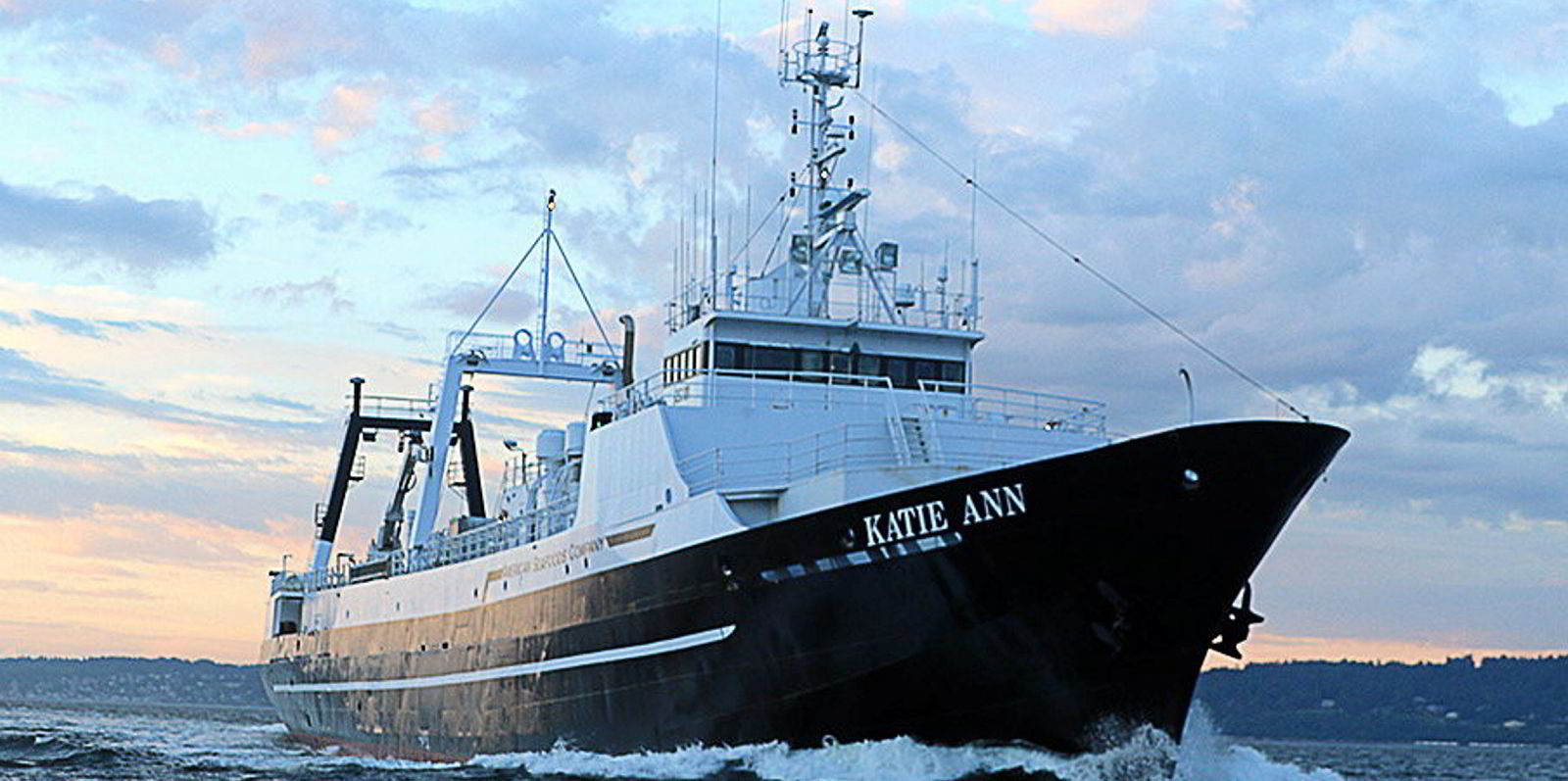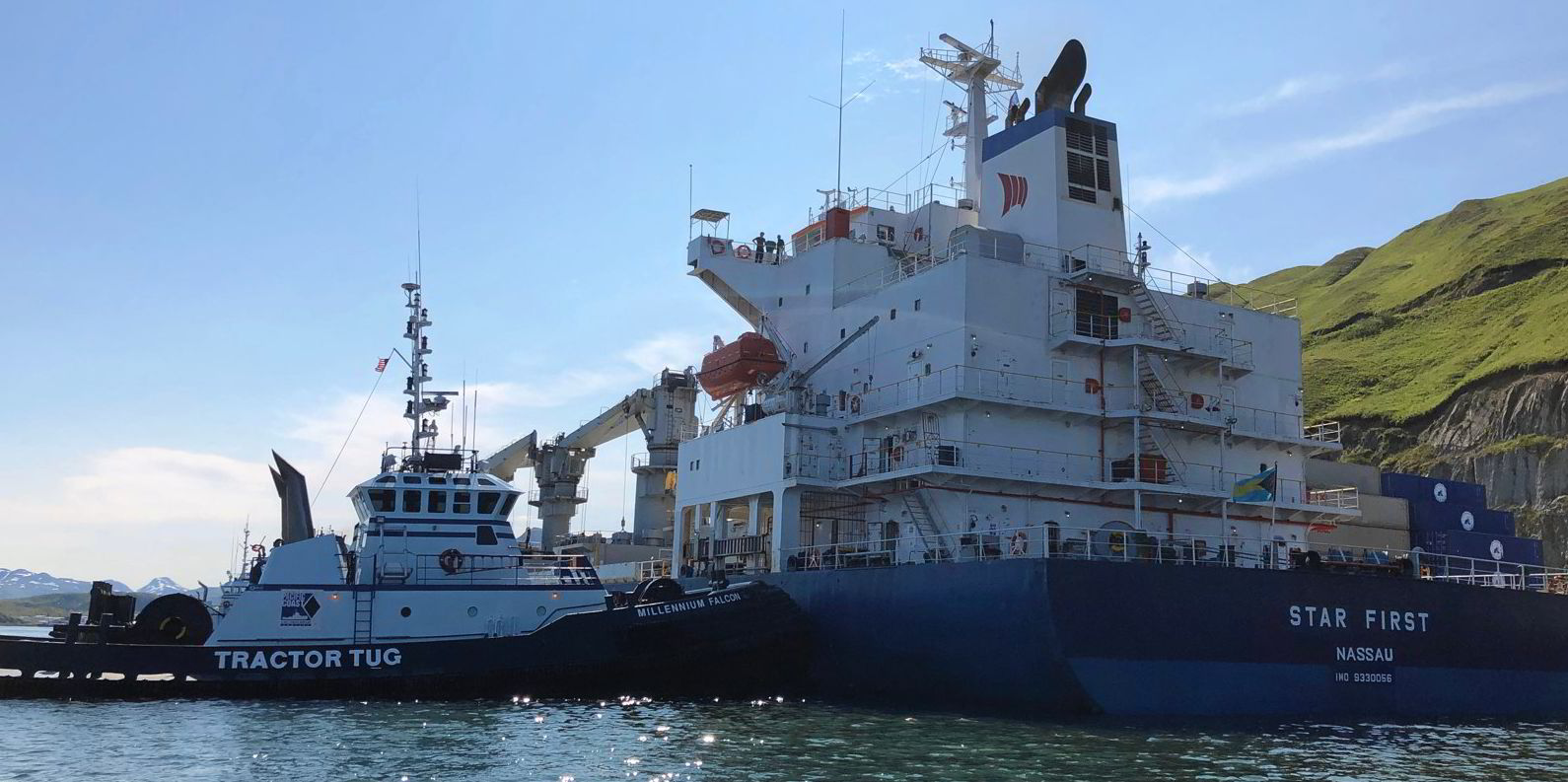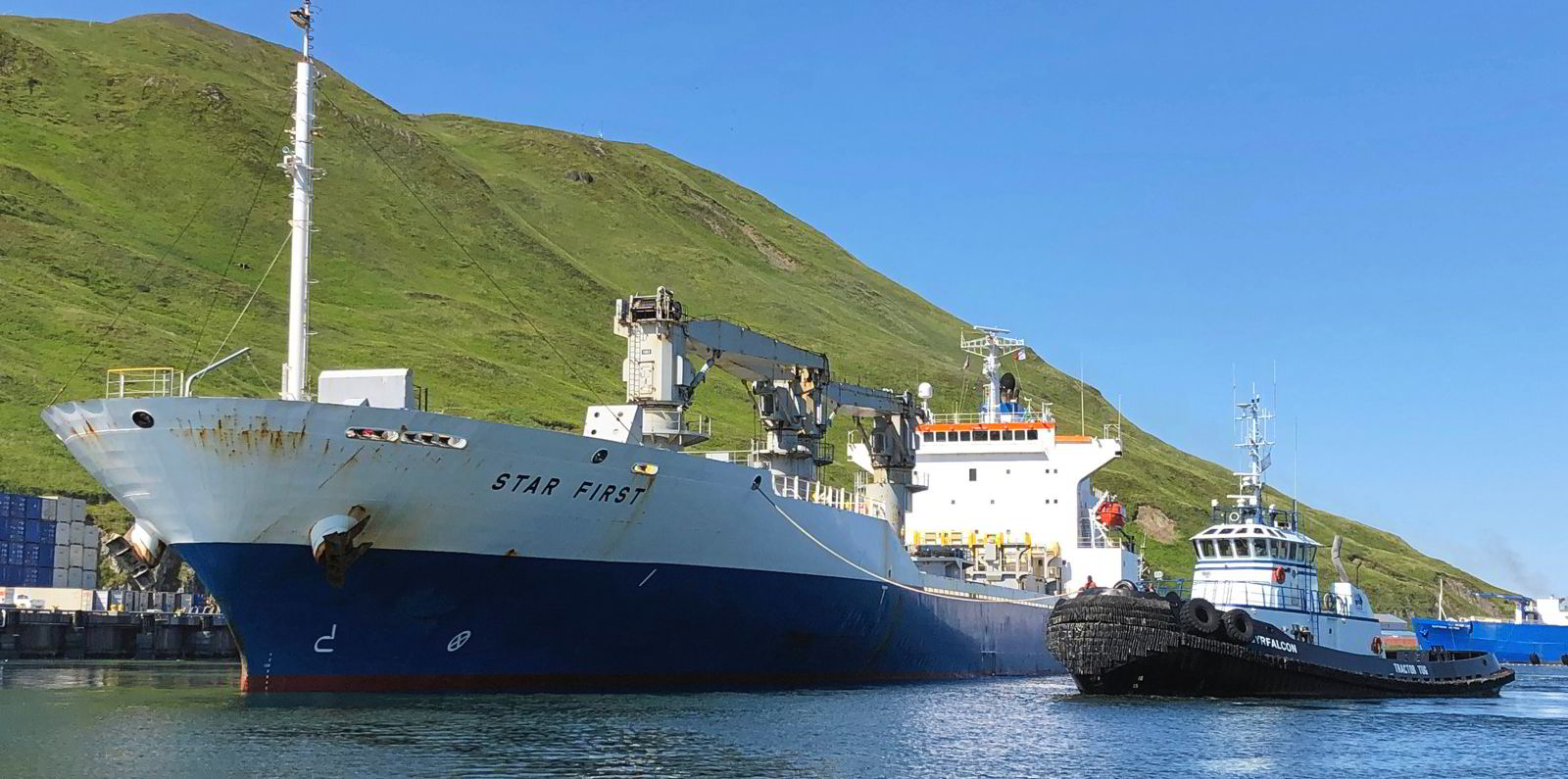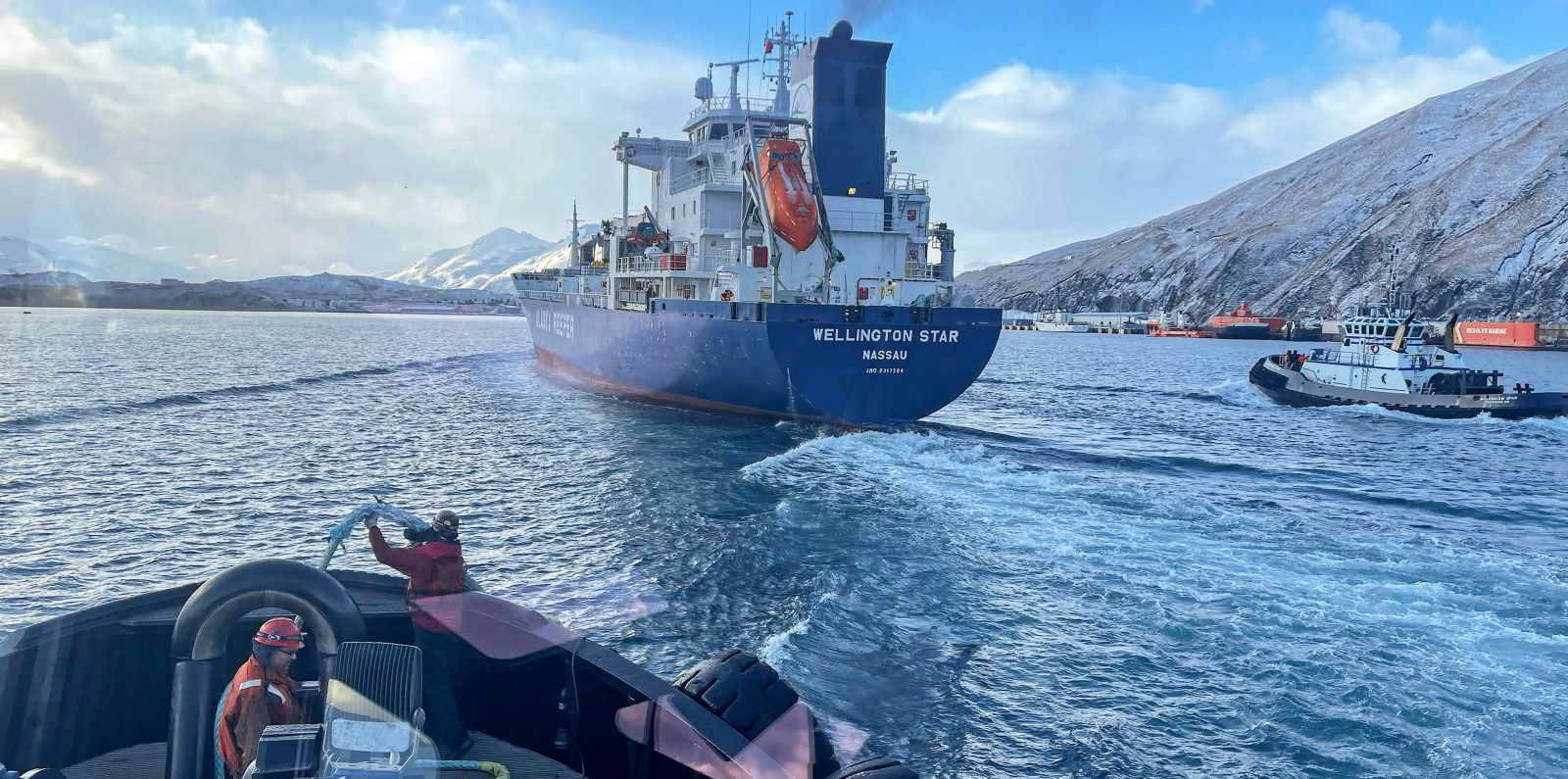A judge has decisively rejected an attempt to halt enforcement of huge fines in a crackdown on reefer charterers and owners for violating US shipping law.
Judge Sharon Gleason of the US Alaska district federal court issued her ruling on 28 September, finding that US charterer Alaska Reefer Management and its owner, American Seafoods Co, with affiliates and counterparties, could not be granted a temporary restraining order to shield them from enforcement by US Customs and Border Protection pending litigation.
Gleason opened for a possible refiling of the petition if certain requirements were met.
"Plaintiffs raise valid questions as to whether [Customs] notices of penalty are irreparably harming plaintiffs' supply chain, jobs, and good will with customers, among other alleged injuries," she wrote.
Unprecedented fines
But she rejected arguments that American Seafoods and affiliates were likely to succeed on the merits of their case, or that their due process rights had been violated.
As TradeWinds has reported, the authorities took the reefer trades by surprise in August when they levied an unprecedentedly severe $350m in fines over alleged violations of cabotage law.
Without a temporary restraining order, US Customs agents will now be free to issue further fines.
Alaska Reefer Management and affiliate Kloosterboer International Forwarding said that within a week, they plan to make a formal filing of the tariffs charged on its short Canadian rail line and to seek non-judicial administrative remedies directly from the agency itself.
American Seafoods and its affiliates petitioned the court nearly four weeks ago to issue the order so that their warehouses would not be paralysed at the height of a pollock shipment season, with no reefer owner daring to move the cargo for fear of further fines.
'Unconstitutional overreach'

Under the Jones Act, shipment of cargo between points in the US is reserved for a strictly defined set of ships that must be US-owned, built, flagged and crewed, among other restrictions.
For many years, American Seafoods had avoided this expensive club of ships by shipping its fish from Alaska to a Canadian port within eyesight of the US, moving the fish a short distance on a Canadian rail line, then trucking it over the border.
US Customs agents started investigating the procedure in 2017 but only began handing out notices of penalty in August.
In seeking the restraining order, American Seafoods lawyers had told the judge that US Customs had attempted a "shocking and unconstitutional overreach" with penalties that had "crippled" the shipment of frozen seafood.
They claimed that "other companies critical to shipping this seafood are now unable to, and will not, resume shipping" due to the potential for "additional massive penalties".
Seventeen reefer voyages were named by US Customs in the penalty notices, with fines up to the value of the cargo being shipped.
Reefers operated by Star Reefers, Cool Carriers, Baltic Shipping, Green Shipping and the Noboa Group were among those mentioned in the penalty notice. In one case, the penalty for a single voyage exceeded $14m.






